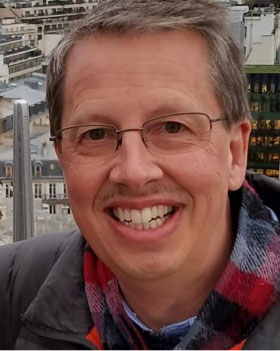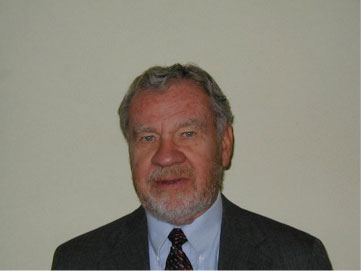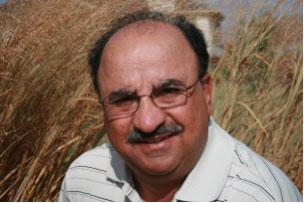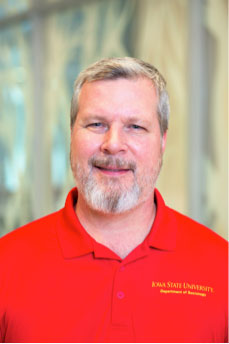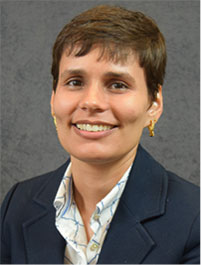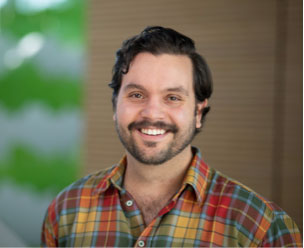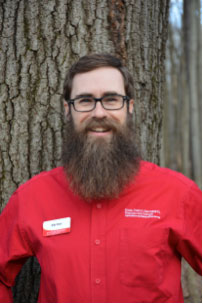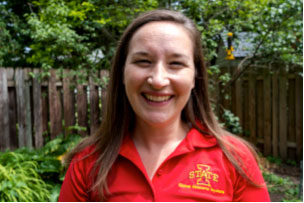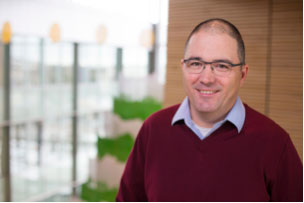William Gallus is a professor of Meteorology in the Department of Geological and Atmospheric Sciences at Iowa State University. He has been at Iowa State since 1995, and has had collaborations with the Iowa Water Center since 2010. His primary research focus has been on improved understanding and forecasting of the thunderstorm systems that cause the majority of flash flooding in Iowa, and how best to use numerical weather model forecasts of rainfall for these events in streamflow forecast models to give more advanced warning of floods. He holds a BS in Meteorology from Penn State University, and an MS and PhD in Atmospheric Science from Colorado State University. Bill and his wife live in Ames, and have three adult sons who also live in central Iowa.
View Gallus’ Iowa State University profile.
